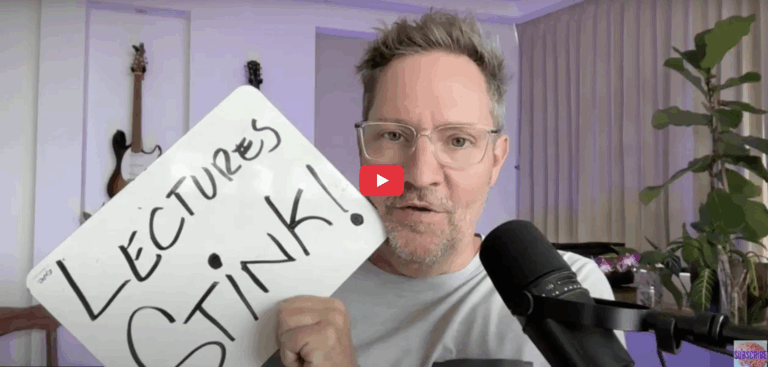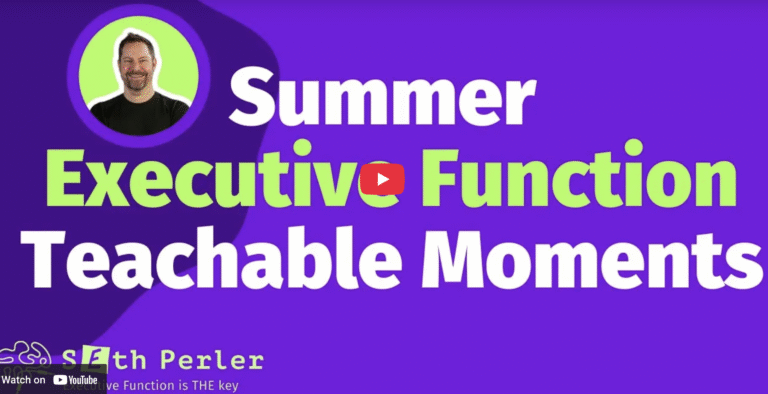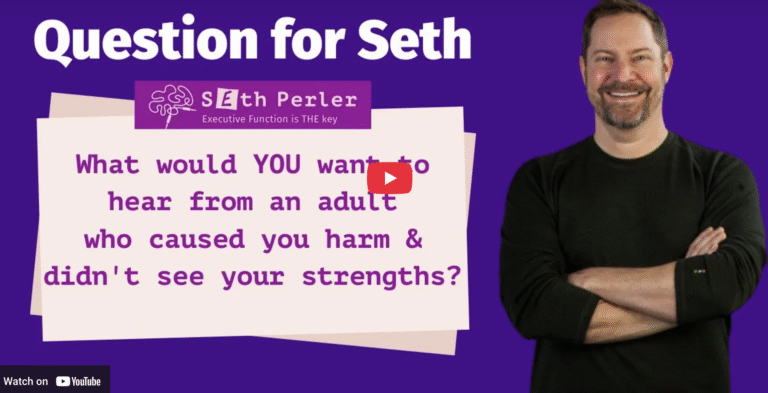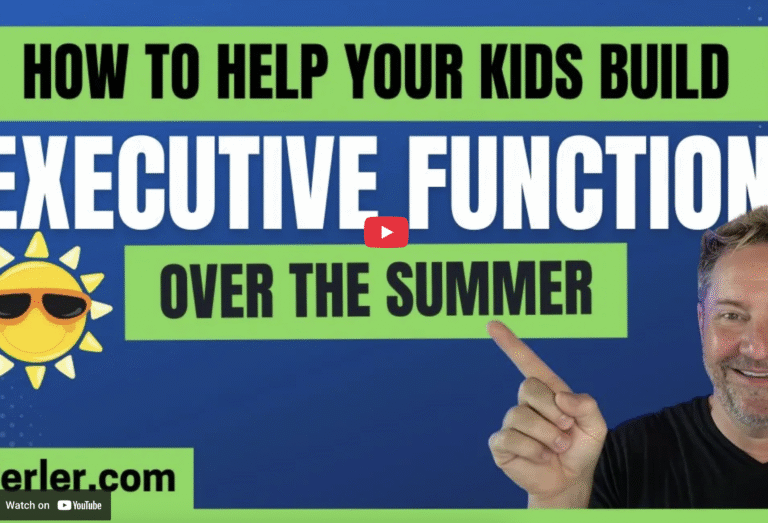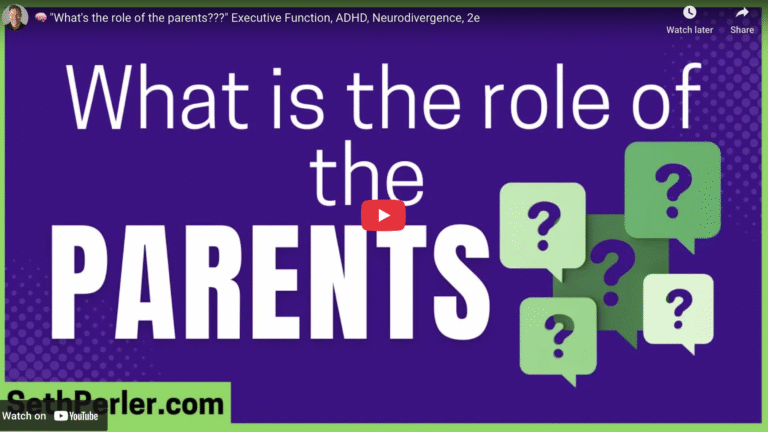How Education for kids with Executive Function challenges can be REIMAGINED with ENGAGEMENT
Please CLICK above to share. Parents & teachers, a MASSIVE problem that is being brought to the surface right now, evidenced by how challenging At Home Learning is going, is the LACK OF ENGAGEMENT IN EDUCATION. Here I rant a bit as I break this KEY concept down fo you


